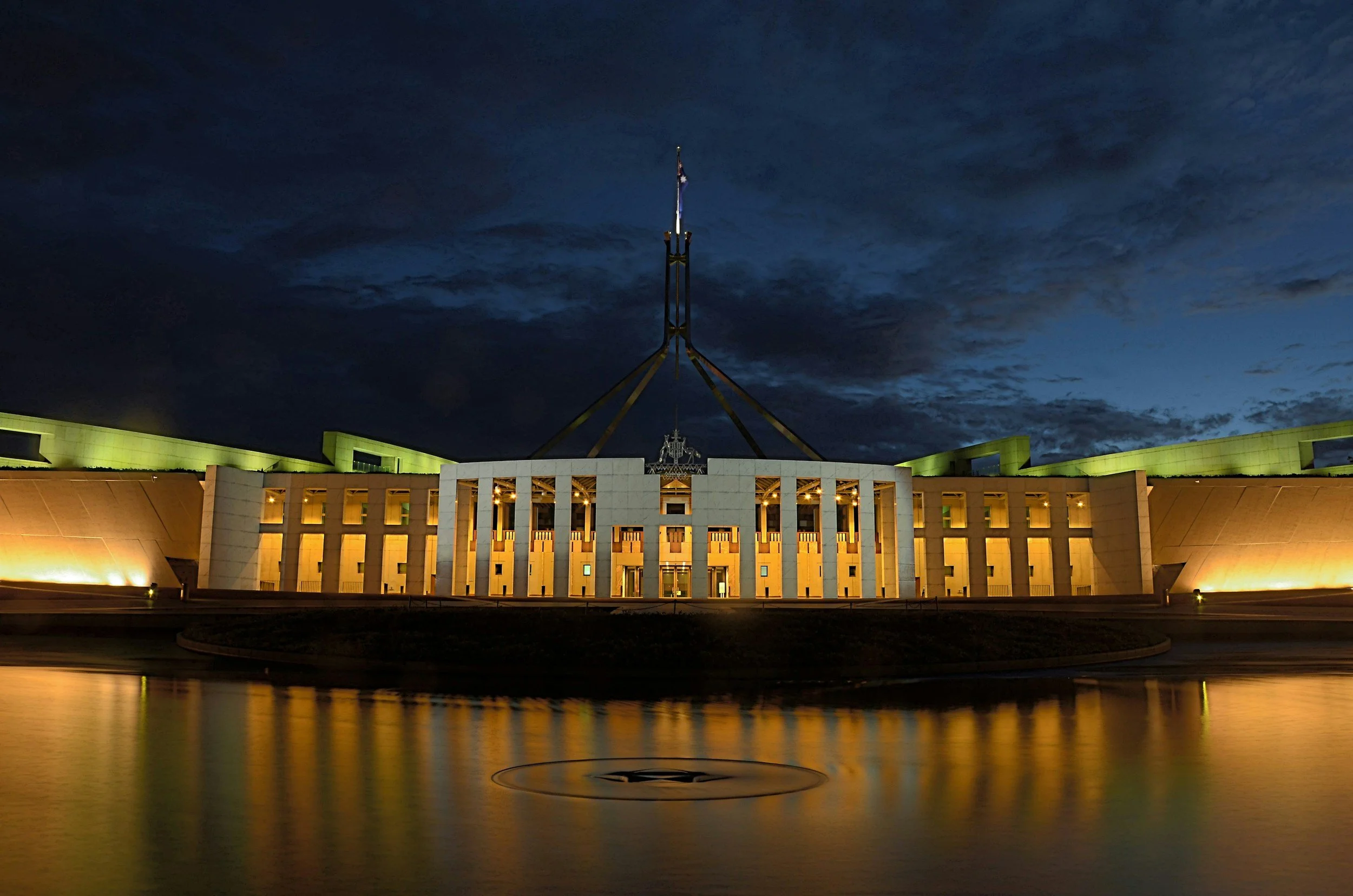What a week in politics…
An international bruising for Scotty from Marketing, Small Target affirmed from Albo, and The Greens and Palmer recycling old ambitions: the landscape for the next federal election is starting to be set.
By Neil Pharaoh
We’ve seen big things happen in the political landscape in the past week. For Scott Morrison we saw a very turbulent international stage: he was ignored by some at the G20, called a liar by the French (and American) presidents, and his attempt to play the “picking on Australia” card fell on somewhat deaf ears when the Australian public realised that Macron and Biden had not directed their anger and disappointment at Australia – merely at the values, ethics and management of our PM.
On the Labor side, we saw a tacit endorsement that Labor is playing a “small target” strategy, both in the wash up of COP, as well as in campaigns locally. Lessons have been learnt from the last election, and while Labor is a few steps ahead of the Liberals around carbon emissions, neutralising a “carbon tax” or “green tax” means treasury benches for Labor are the key target, and not grandstanding on issues which may hurt them.
For The Greens we saw an “announcement” (if it could even be called that), which has mirrored its announcement of every other election for decades, that they are destined to become the kingmaker in the House and that, through balance of power, they will secure their ambitions (noting The Greens have tried this every single election since Bandt was elected in 2010 and have never once picked up a second seat).
For Palmer we saw some early border arguments with WA but, courtesy of former Liberal MP Craig Kelly, there is now a microphone for Palmer – last election we saw this used in extreme self-interest just to divert preferences back to the Liberal/National Party, securing them government – potentially a precursor to this election?
So, what do these mean for your campaign and run into the election? In short it means all politics is going to be local this election, more so than ever before – as some of the grand narratives of past elections will not stick as easily. Labor will not present a great big target on anything, which could open them up to an attack by the Liberals, and the Liberals can’t lean into trust, national security and defence as an overarching narrative as Macron and Biden have blasted (nuclear) submarine sized holes in that space.
In short, if you haven’t landed a local narrative, you will not be able to get on the front foot and get cut through this election. With Labor on small target, Liberals losing their “master” narrative in Glasgow, Palmer seeking a repeat of the last election, and The Greens recycling everything they have used for the past few elections in the hope that we all have short memories, seat by seat and vote by vote is how this election will end up.
What does local mean?
It starts with working out what you do in an electorate, keeping in mind that things may have changed – redistribution in Victoria and WA will have a substantial impact on boundaries going into the federal election. Local stories will matter also, using PR to focus on community and regional papers helps get your story front and centre, and when complemented by social media and local Facebook and community groups, being able to mobilise in a hyperlocal sense will mean the difference this election. Local means media, social media, and community groups – who agrees with you, who may support and who may oppose – as well as your influence in the electorate – based on your economic and community impact profile.
Making sure you have a story for each electorate is the next step. Ministers are dependent on their supporting backbenchers to keep their positions, so spending some time doing the research, mapping who is who and keeping track of influences is the best way to develop what we term as “lateral pressure” – almost every government decision will go through up to 100 people, many of them in your sphere or orbit of influence.
How does “local” play out? We saw it in the sports rorts affair, as well as the cash for carparks, and while neither side will want to be as obvious – both of those are good examples of how local politics matters in the election. Historically the term “all politics is local” was first used way back to 1932, and its greatest champion was a former speaker of the US House of Representatives, Tip O’Neill, who while sometimes miscredited with inventing the phrase, was most certainly one of its most ardent advocates.
Tip summed it up nicely, as (all politics is local) “…encapsulates the principle that a politician’s success is directly tied to his ability to understand and influence the issues of his constituents. Politicians must appeal to the simple, mundane and everyday concerns of those who elect them into office. Those personal issues, rather than big and intangible ideas, are often what voters care most about, according to this principle.”
While many things change, many stay the same, so spending some time with your team and leadership to understand the above quote, and work out what it means for you and your organisation will be key this election.
This article first appeared at Pro Bono Australia as part of Tanck's fortnightly column, Happenings on the Hill.
Tanck offers advisory services in government relations, stakeholder strategy, and communications.
We specialise in helping for-purpose organisations to effectively advocate for their causes. Find out how we can help you!

